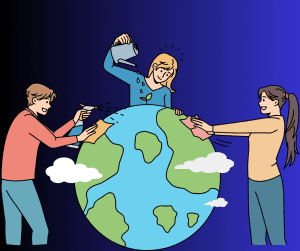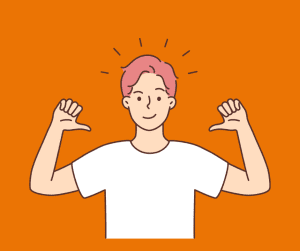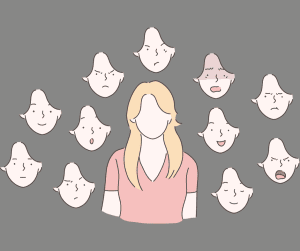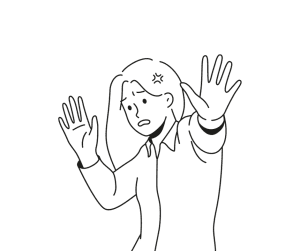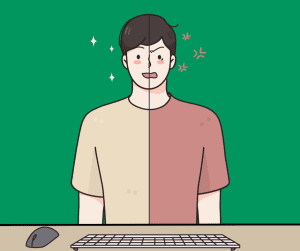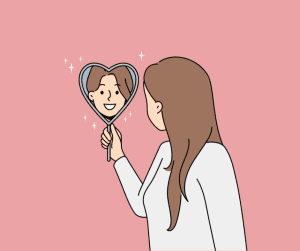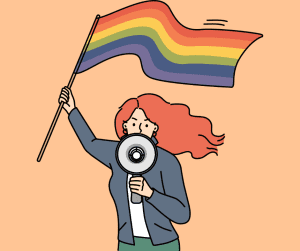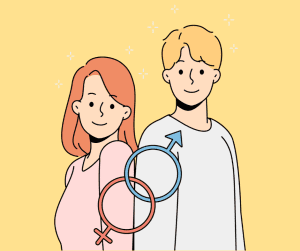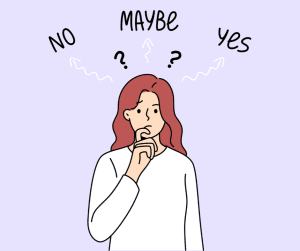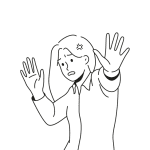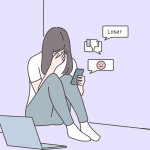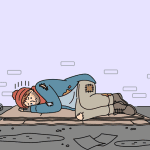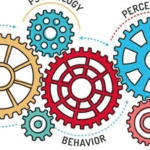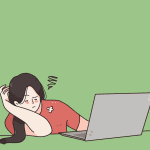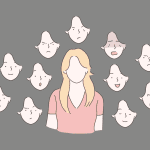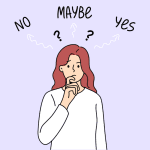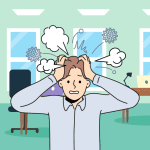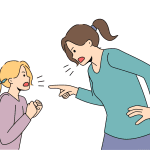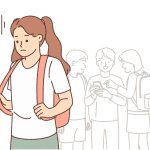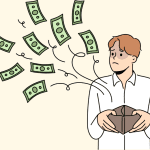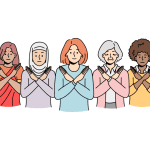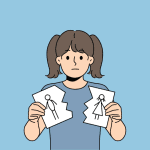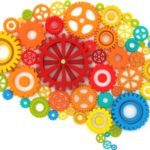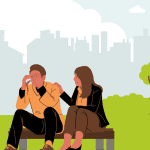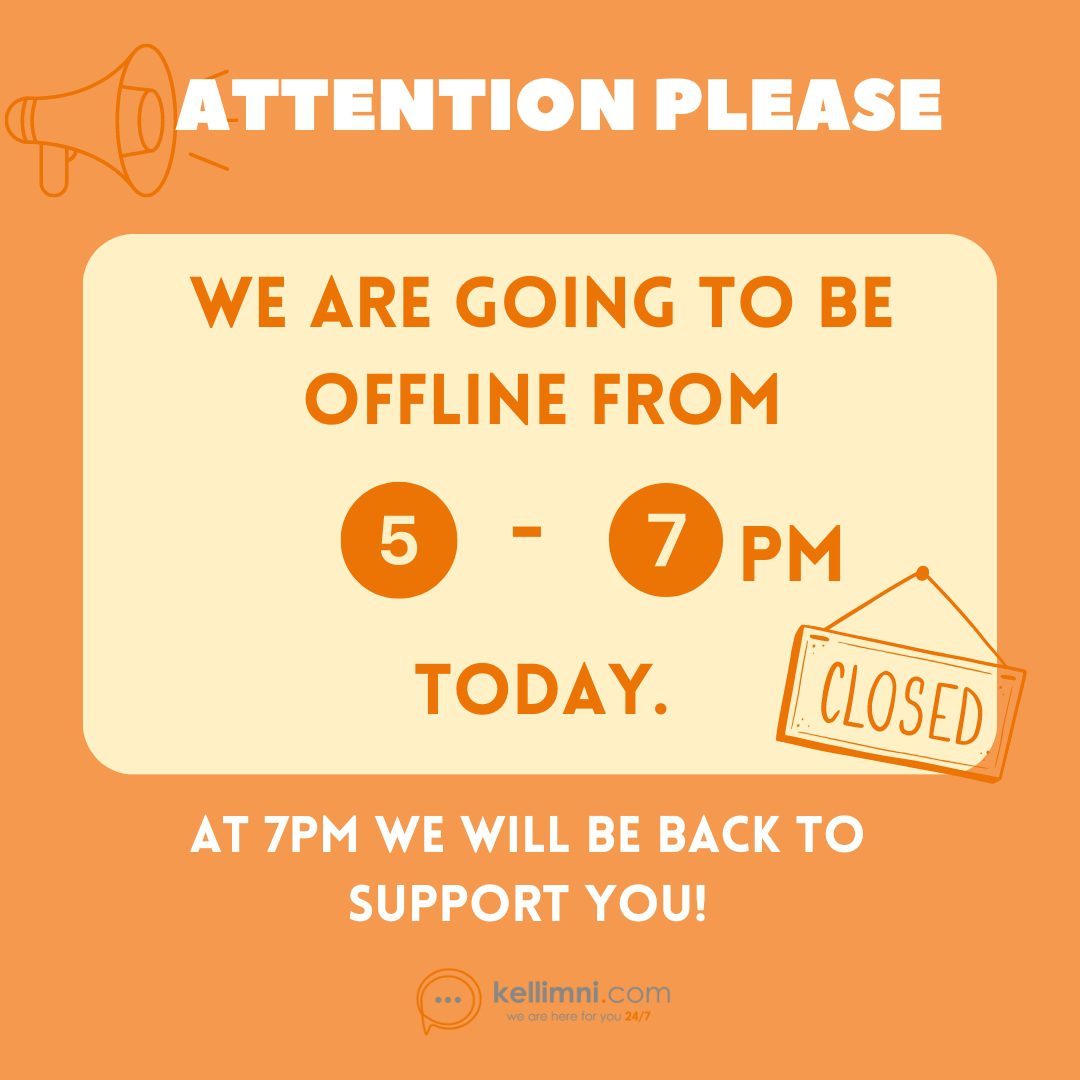Disability is the subjection of negative stereotypes by members of society, where the environment is disabling rather than the experience of the impairment. It is a social construct in which the environment may cause distress.
There is a crucial difference between one’s experienced impairment and the disability imposed by society.
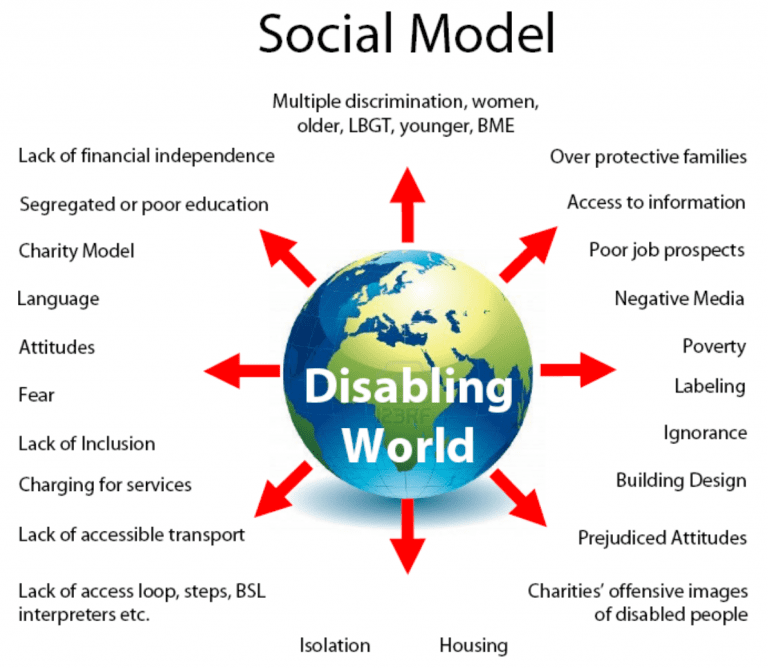
People with a disability may experience oppression because of the minority status impinged by society, for being different. This notion accentuates a superior group in society, one which oppresses and restricts those who in some manner are different, where characteristics are measured with a ruler called ‘Normality’ by those who conveniently fit and or conform to it.
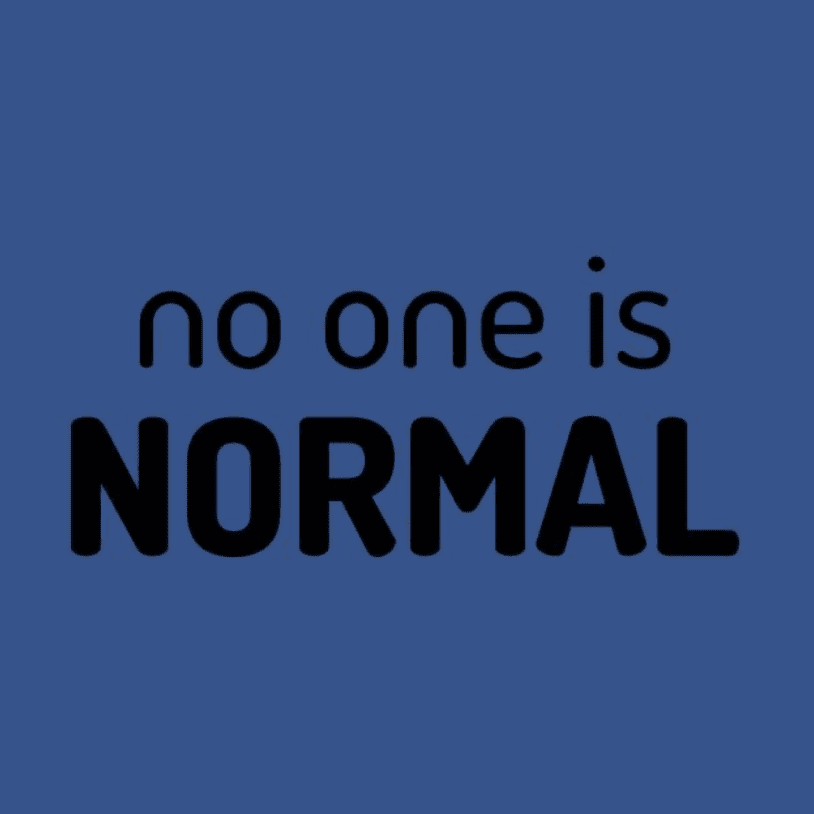
In most westernised countries disability is perceived as a personal tragedy, where the experience of having a disability is perceived solely as an unfortunate tragedy. This idea generates oppression and places those who are perceived as ‘without a disability’ in an expert stance, impinging onto people with a disability what they can, cannot or should do, through excessive expectations.
There is also the unfortunate tendency to sanctify people with a disability through comments and terms that imply how said individuals should maintain their innocence and always act upon it.
As we acknowledge our own natural needs, including those of a sexual nature, we need to be aware whether we are dismissing the same needs of others if we assume that the disability itself diminishes lust, love and attraction.
We need to move away from the medical model and focus on not what a person cannot do, but on how they are able to do differently.

Misconceptions by society may cause oppression, even if the intention is good. For example, the nature of charities might portray individuals with a disability as helpless, dependent and as struggling in life.
Despite the revenue and awareness that charities might generate, the oppression of providing human rights as an act of charity, and not as a right, might outweigh the intentioned good, portraying solely an inadequate reality; creating dependencies where basic things are given by those more ‘fortunate’ or ‘able’, placing individuals with a disability in submissive, powerless and dependent roles, with a subliminal threat that that which is given, can easily be taken away.
Awareness and comprehension of oppression might help us strive as a society towards true equality and the provision of individual rights, away from the distasteful and demeaning notions of ‘Normality’, pity and the ‘less than whole person’.
We need to be aware of our own perceptions, assumptions and biases, advocating towards a society which is inclusive and not selective.
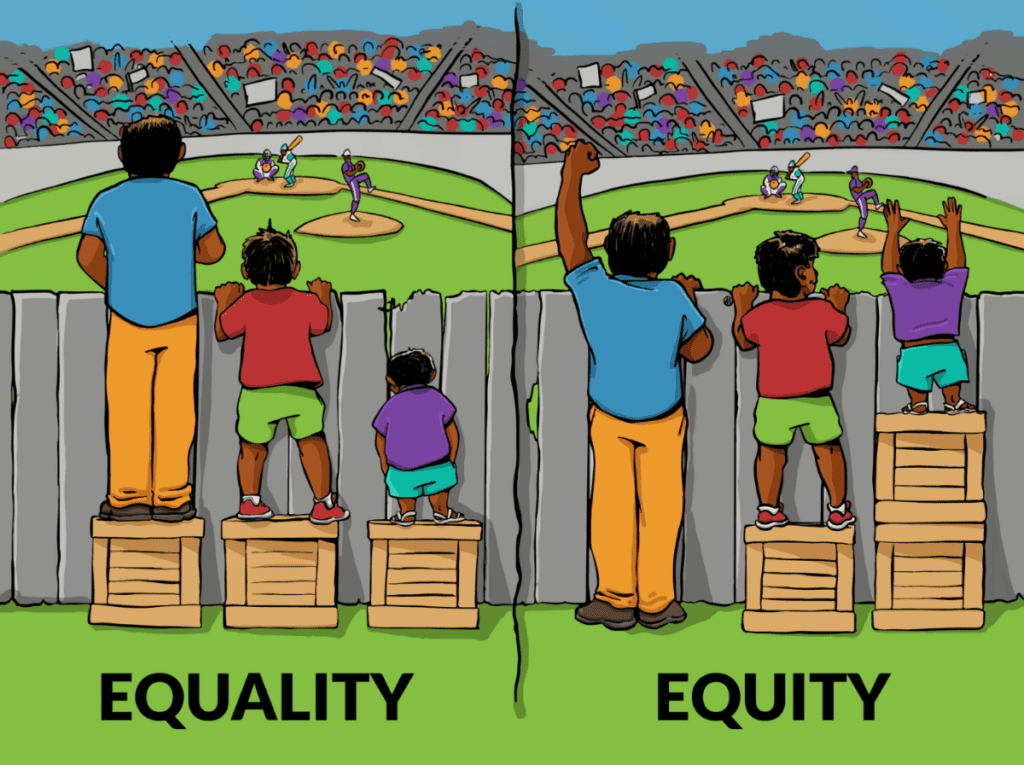
Disability should be perceived as an issue of equity, where needs are adapted and provided for.
A person with a disability’s issues do not tie solely to the disability, issues may range from internalised oppression, living with pain, living in a disabling society, stress, relationship issues, and the experience of simultaneous oppression.
